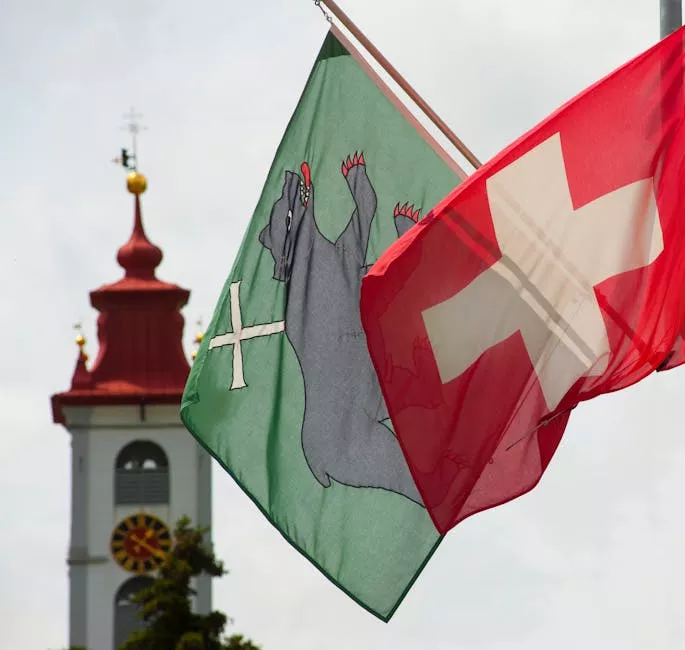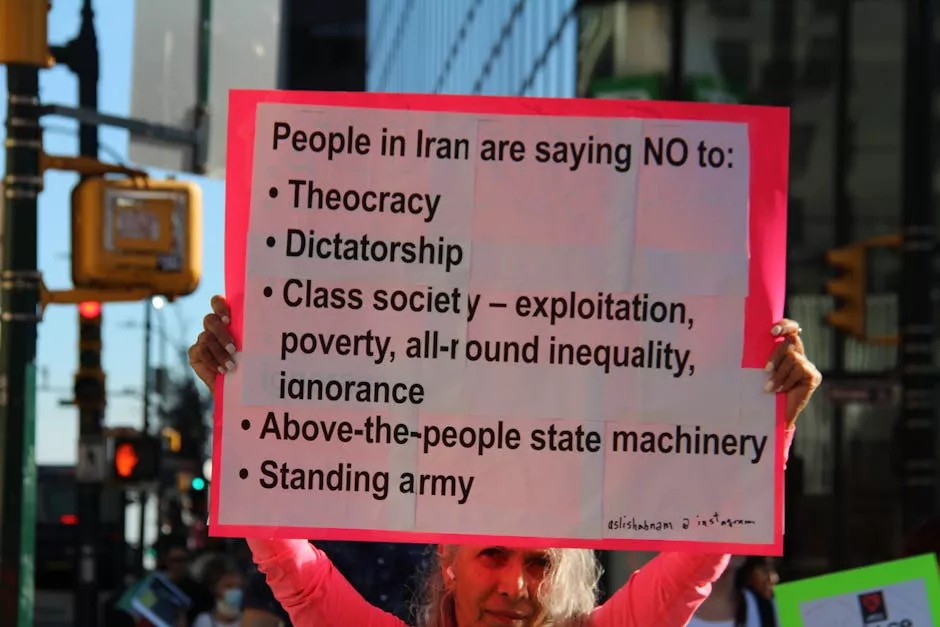Trump's Russian Oil Waiver Boosts Orban Before Hungary Elections
Washington's energy exemption provides political lifeline for Hungarian PM Orban ahead of crucial elections, while highlighting the vulnerabilities in Hungary's illiberal governance model.

The Trump administration's decision to grant Hungary a waiver on Russian oil imports has delivered a crucial political victory for Prime Minister Viktor Orban just as the country approaches a pivotal election cycle. However, this Washington lifeline simultaneously exposes the inherent fragilities within Hungary's increasingly illiberal political system.
Strategic Timing of the Waiver
The energy exemption comes at a particularly critical moment for Orban's Fidesz party, which faces mounting domestic pressure over economic challenges and international isolation. By securing continued access to Russian energy supplies, Orban can present himself as a pragmatic leader capable of protecting Hungarian interests despite Western sanctions regimes targeting Moscow.
This development allows the Hungarian government to maintain its delicate balancing act between its NATO and EU obligations while preserving crucial economic ties with Russia. For Hungarian voters concerned about energy security and rising costs, the waiver represents tangible evidence of Orban's diplomatic effectiveness.
Underlying Vulnerabilities Exposed
Paradoxically, while the waiver provides short-term political gains, it also highlights Hungary's dangerous dependency on external powers and energy sources. The country's heavy reliance on Russian oil and gas has become a strategic vulnerability that opposition parties are likely to exploit during the campaign season.
Critics argue that Orban's illiberal governance model, characterized by media control, judicial interference, and restrictions on civil society, has left Hungary increasingly isolated within the European Union. This isolation forces Budapest to seek support from authoritarian partners like Russia and China, creating additional dependencies that compromise Hungarian sovereignty.
Geopolitical Implications
The waiver decision reflects broader tensions within the transatlantic alliance regarding how to handle EU member states that maintain problematic relationships with Moscow. While the United States seeks to maintain unity within NATO, it must also navigate the complex realities of European energy security and political dynamics.
For the European Union, Hungary's special arrangement with Washington on Russian energy imports could set a concerning precedent for other member states seeking similar exemptions. This fragmentation of the unified sanctions approach could undermine the bloc's collective leverage against Russia.
Electoral Calculations
As Hungary approaches its elections, the Russian oil waiver provides Orban with ammunition to claim that his controversial foreign policy positions ultimately serve Hungarian national interests. However, opposition forces are likely to frame this dependency as evidence of the country's declining autonomy and democratic backsliding under Fidesz rule.






